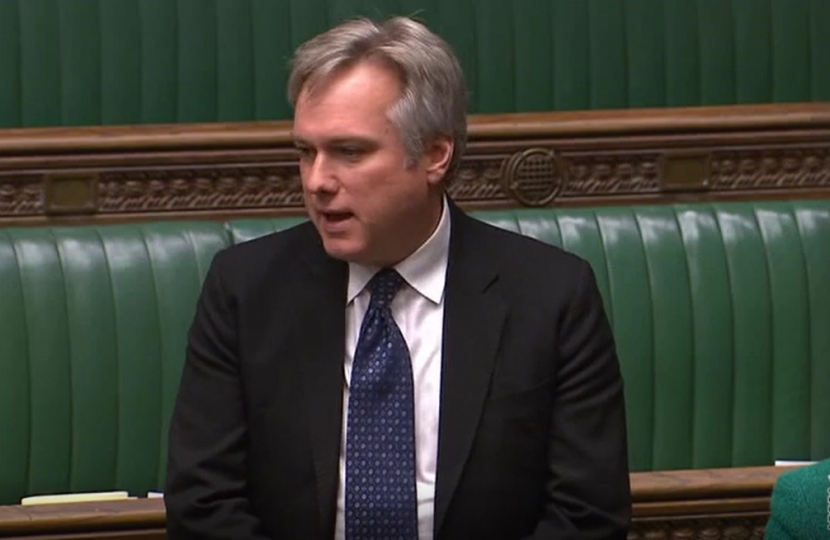
In recent years we have seen public transport carriages stopped and attempts to stifle the freedom of the press, all in the name of protest.
Those images of London Underground and Docklands Light Railway services being disrupted, the sight of ambulances being blocked from getting to hospital, not to mention those who sought to prevent newspapers reaching the shops, cannot be tolerated. They are a chilling insight into the kind of society that some may want us all to live in.
The Police, Crime, Sentencing & Courts Bill goes to address such anxieties. This legislation will allow the police to take a more proactive approach in managing highly disruptive protests causing serious disruption to the public.
These cover five areas: widening the range of conditions that the police can impose on assemblies (static protests); lowering the fault element for offences relating to breaching of conditions placed on a protest; widening the range of circumstances in which the police can impose conditions on protests; replacing the existing common law offence of public nuisance with a new statutory offence as recommended by the Law Commission in 2015; and creating new stop, search and seizure powers to prevent serious disruption caused by protests.
These proposals were considered by HM Inspectorate of Constabulary and Fire & Rescue Services, which broadly concluded that the measures would improve police effectiveness while not eroding the right to protest.
Of course, the vast majority of protests are lawful and will be unaffected by these changes. The measures will balance the rights of protesters with the rights of others to go about their business unhindered, with this being achieved by enabling the police to better manage highly disruptive protests.
Freedom of assembly and expression are vital rights which the UK supports at home and abroad. Rights of individuals to express their opinion and protest are a cornerstone of our democratic society.
My voting record in the House of Commons reflects the value I place on our civil liberties and this is what I will continue to pursue in Parliament.
This Bill will tackle a number of other issues which I know many people in Crawley will support. These include strengthening the powers of the police to tackle unauthorised encampments where trespassers cause distress and misery to local communities and businesses.
Having first called some years ago for the introduction of a Police Covenant, I welcome the legislation including the enshrining of this in law. The Bill also increases the maximum prison sentence for anyone who assaults or commits an offence of battery against an emergency worker.
Henry Smith MP


